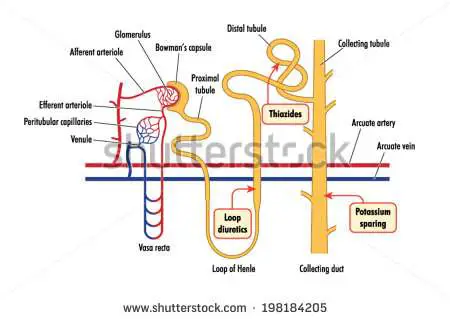Calculate blood pressure Use the tool provided below to find out whether your blood pressure is low, normal or high. Find out your blood pressure (BP) risk category by entering your age, sex and most recent blood pressure measurement into the calculator. Based on the National Heart Foundation’s Guide to Management of Hypertension, the calculator assigns your BP measurement to one of seven categories. The blood pressure calculator will let you to identify whether you could be suffering from high blood pressure or low blood pressure.
Blood Pressure Average Calculator. Systolic Pressure is the pressure exerted on the artery walls as the heart beats. Former measures the high pressure when the heart beats and the later represents the lowest pressure when heart beat relaxes.
Just by entering you age, you can get the accurate range of blood pressure value. In boys and girls, the normal range of blood pressure varies based on height percentile and age. Too much alcohol increases blood pressure and contributes to weight gain. According to the, Mayo Clinic, women of any age and men over should enjoy no more than one drink a day, and men under should have no more than two drinks daily. Use in children aged 1-years.
Not for use in patients with low blood pressure. Note that cutoffs reported in the calculator may vary slightly from the published tables, as the calculator accommodates for ages between whole numbers (e.g. years), and the tables use simplified values to account for ages between. BP, usually expressed in terms of systolic and diastolic pressure.
The condition in which BP is low called as Hypotension and high is called Hypertension. During each heartbeat, blood pressure varies between a maximum (systolic) and a minimum (diastolic) pressure. Stage I hypertension is defined as either Systolic BP or Diastolic BP between the 95th percentile and the 99th percentile plus mmHg.
Stage II hypertension is defined as either Systolic BP or Diastolic BP greater than the 99th percentile plus mmHg. A diagnosis of high or low blood pressure requires only one measurement, either systolic or diastolic, or both, to be outside the healthy range. For many people who with higher than normal blood pressure there is no obvious cause why their blood pressure is high. Pulse pressure is the difference between systolic blood pressure and diastolic blood pressure. The pulse pressure correlates to the volume of blood ejected during a contraction of the left ventricle of the heart to the aorta and other arteries.
We call this amount of blood the stroke volume. The bigger the stroke volume is, the higher the value. S and the 99th percentile is 2. Keep to a healthy weight to control blood pressure.

You can calculate your own body mass index. There are a number of BMI calculators on the internet, or you can calculate it yourself. To do this, you need to measure your height in metres and your weight in kilograms: Divide your weight (in kilograms) by your height (in metres) Then divide the number by your height (in metres) again. Additionally, if you are overweight with other risk factors (such as high LDL cholesterol, low HDL cholesterol, or high blood pressure ), you should try to lose weight.
Even a small weight loss (just of your current weight ) may help lower the risk of disease. The normal blood pressure for a healthy adult should measure between mmHg and 1mmHg for systolic blood pressure and between mmHg and for diastolic blood pressure. We diagnose prehypertension when a patient has a systolic blood pressure between 1mmHg and 1mmHg. AutoPress blood pressure monitors. It is an automatic machine ideal for pharmacies and waiting rooms.

Maintain a healthy weight Being overweight can raise your blood pressure, so you’ll want to make sure you keep off any extra pounds. To make sure you’re at a healthy weight, calculate your BMI. Eat a healthy diet Eating a healthy diet not only helps to keep weight off,. Your body weight is one major influence on your blood pressure.
Maintaining a healthy weight provides many health benefits. If you are overweight, losing as little as five to pounds may help lower your blood pressure. A few great reasons to manage your weight : Being overweight puts you at greater risk of developing health problems.
A little weight loss can bring a lot of health gains.
No comments:
Post a Comment
Note: Only a member of this blog may post a comment.